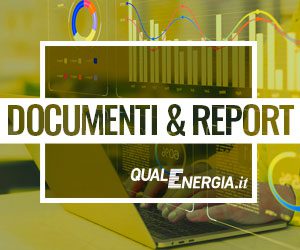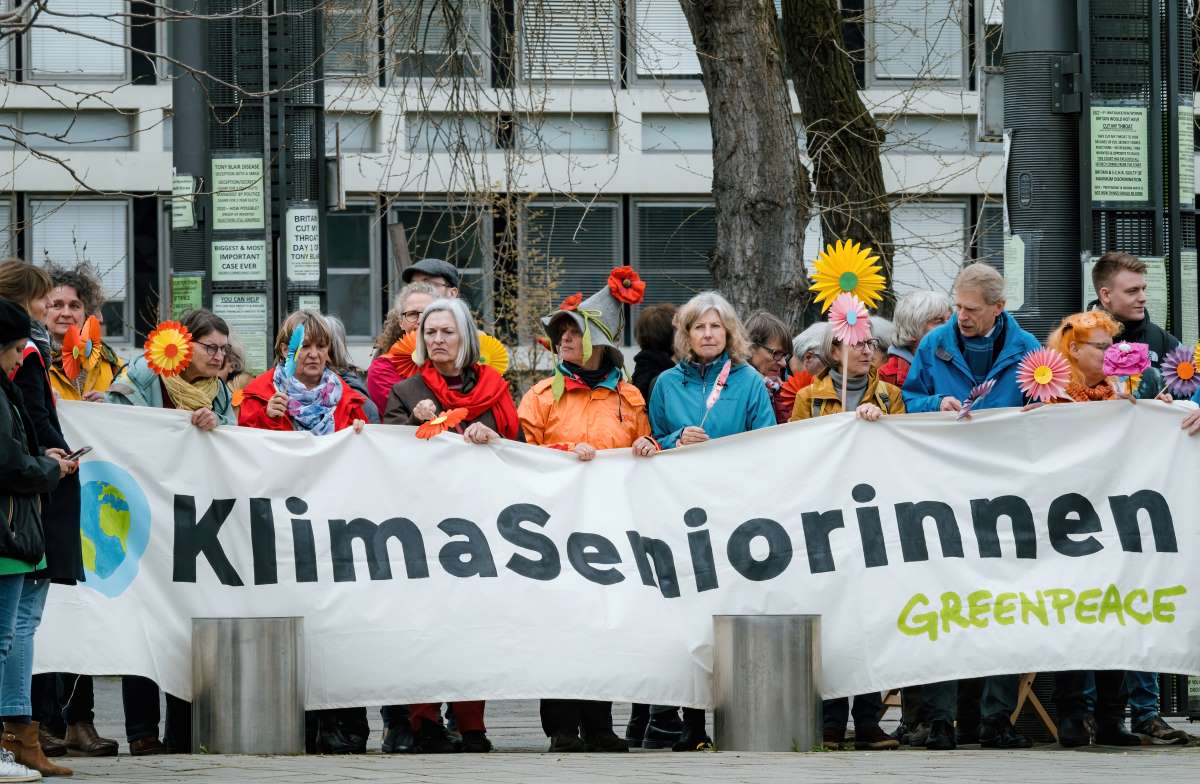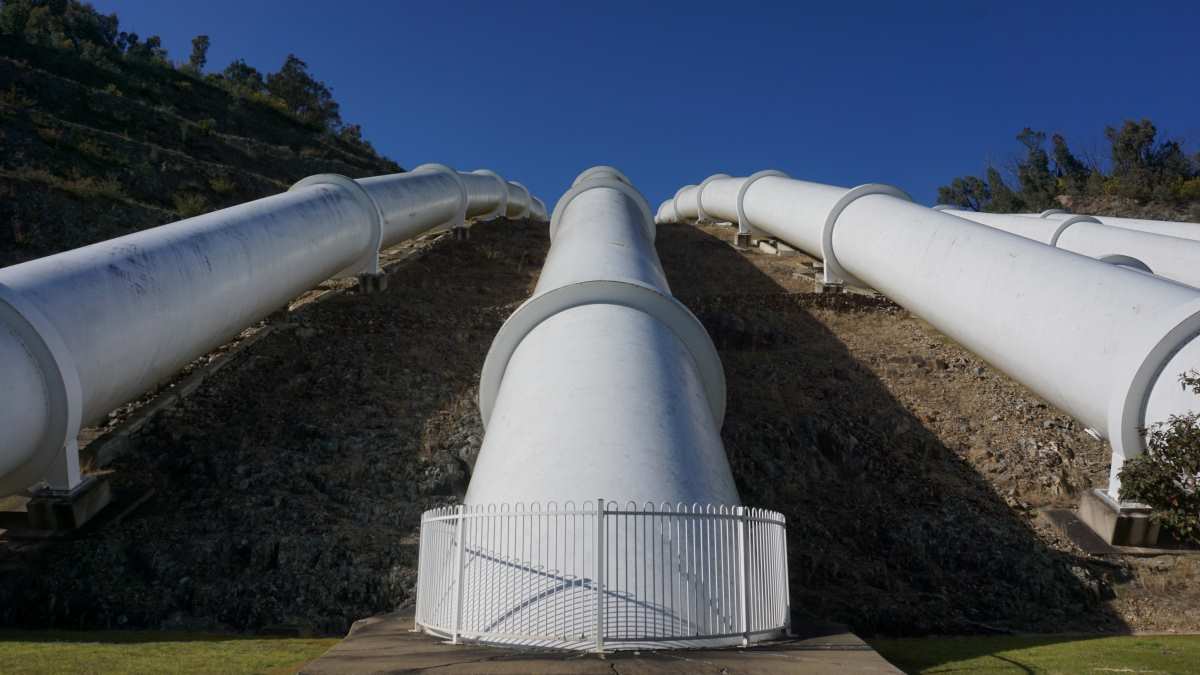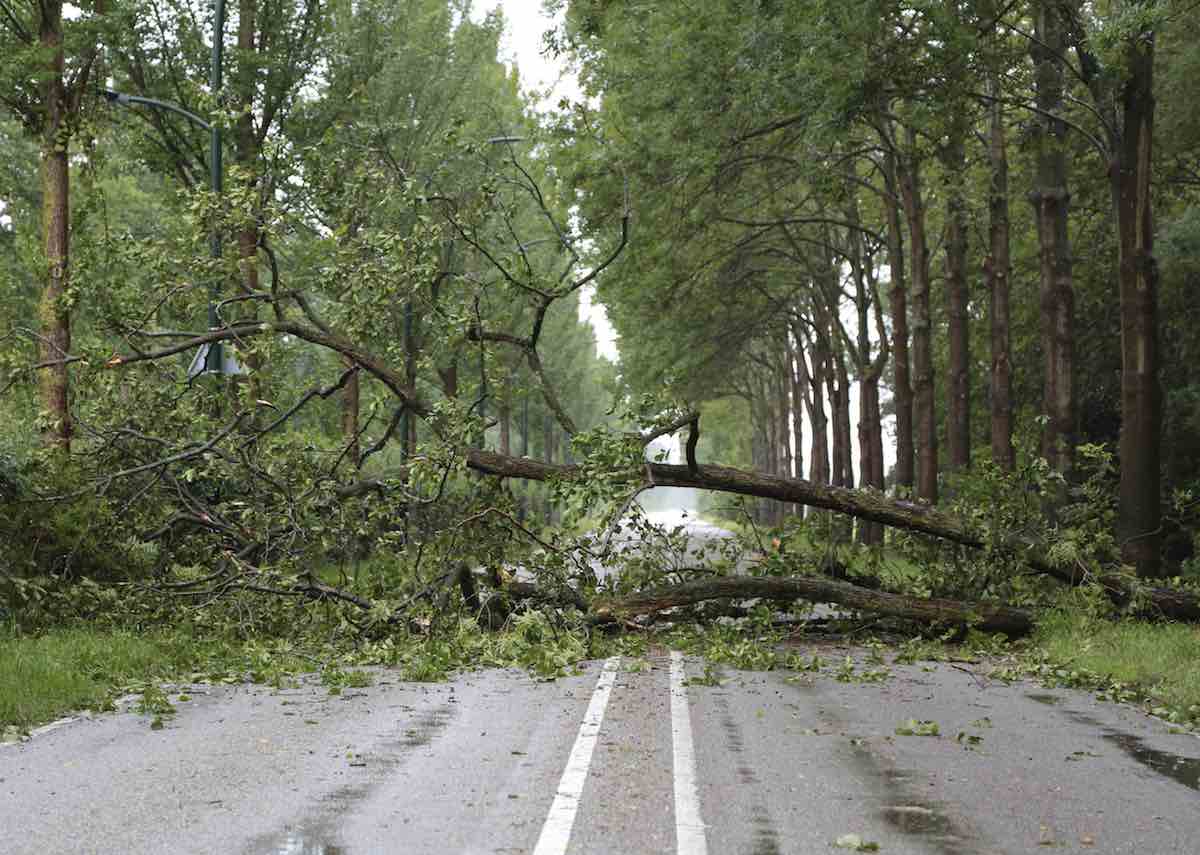 Despite the disappointment of Copenhagen, Europe should not give up being the driving force behind the climate fight: we need to foster the application of clean technologies. Also because, since diplomacy is failing, green economy is more important than ever, and while the rest of the world is investing in renewables and energy efficiency, the old continent is risking to be left behind. In order to support the European economy, the governments of member Countries should not only pledge to achieve EC targets concerning the environment and energy, but even aim at exceeding them. Investing in nuclear power, on the contrary, risks depriving the energy sector of resources that had better be used for clean and local sources, such as renewables.
Despite the disappointment of Copenhagen, Europe should not give up being the driving force behind the climate fight: we need to foster the application of clean technologies. Also because, since diplomacy is failing, green economy is more important than ever, and while the rest of the world is investing in renewables and energy efficiency, the old continent is risking to be left behind. In order to support the European economy, the governments of member Countries should not only pledge to achieve EC targets concerning the environment and energy, but even aim at exceeding them. Investing in nuclear power, on the contrary, risks depriving the energy sector of resources that had better be used for clean and local sources, such as renewables.
Jacqueline McGlade, executive director of the European Environment Agency (EEA), has clear ideas about this. We met her during her last visit to Italy and asked her a few questions.
Prof. Mc Glade, what is the state of the debate on climate change and which are, in your opinion, the priorities to be tackled after the disappointment of Copenhagen?
What Copenhagen has shown is that Europe cannot simply try and take the leadership with its own actions. Europe should be the driving force, be convincing, encourage other countries to come after us. Copenhagen has strengthened the European commitment to act, but we are not yet fully aware of the domino effect and global responsibilities.
The Cop 15 has made the ministers of the various Countries understand that now most of the work is to support and develop not only technologies themselves, but also the way in which these technologies are deployed.
We should also say that many people today are worried that the financial crisis may hold back developments in the field of climate change. Still, a careful observer will clearly see that the crisis has arrived because we have run up a huge ecological and environmental debt: we have widely overused our resources. Now we have finally started to focus on a different development, on regulation policies and a new type of industry, much more efficient from a point of view of resources employed. This type of change can be enormously helpful.
The confidence in the green economy characterizes the most recent European and American policies. But is it really a radical change or is it only green washing?
There are some new financial indicators based on companies that have generated big profits thanks to investments in sustainable mobility, low-carbon industry and energy efficiency. These indicators show that those who have made these choices are achieving a better performance than those who follow the business-as-usual path.
Admittedly, about 30-40% of profits and actions of these companies were once European, while now the USA are surpassing us. This demonstrates that even during the Bush era companies would invest in low-carbon technologies, even though the government kept saying “we do not believe in climate change”. It is not only about green washing, but a real change and true profits that will make the difference.
The Clean Development Mechanism was strongly criticized in Copenhagen. Should alternatives be found?
Instruments of this kind may play a role, but they cannot be the only mean to solve the problem. In Copenhagen there were many proposals to solve the same problem. The ideal thing would be not needing CDMs and investing in developing Countries instead, for the good of Countries themselves. This is the great European challenge: not merely achieving the targets we have set, but increasing measures drastically so that we may need compensation mechanisms less and less.
Many people believe that nuclear power may be an integral part of energy strategies for the future. What is your opinion about this?
There are several technologies in the nuclear industry, but all of them are extremely expensive. And none of them has yet been able to overcome the waste problem. Still, my personal concern is that nuclear investments may crowd out investments in the energy sector and take money away from the great amount of “native” resources available in our territories. Such energies, like renewables, make up a small-scale and localized potential, but which leads communities very close to self-sufficiency and energy efficiency.
The Italian government aims at producing 25% of its energy from nuclear power within 2025, despite a referendum in which citizens declared to be against it.
Many governments think to use nuclear power as a part of the green energy mix, but I believe it is important for each government to open a dialogue and a debate with its citizens. Today Europeans want to know where the energy they consume comes from. Many energy companies are becoming aware of the need for a labelling system on energy sources. This system would allow citizens to make their choices consciously and it may change their point of view about energy.
Interview by Maurita Cardone



.jpg)







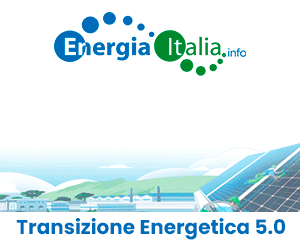










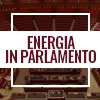
.gif)
